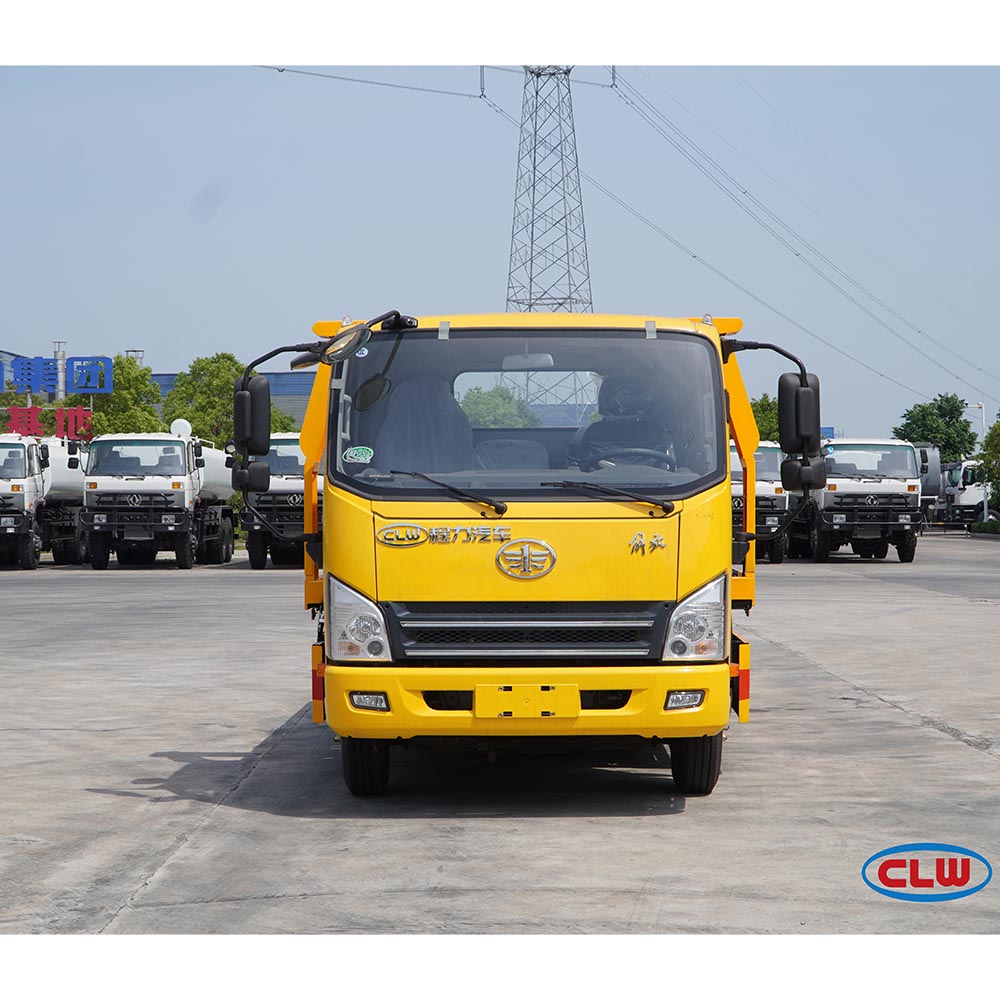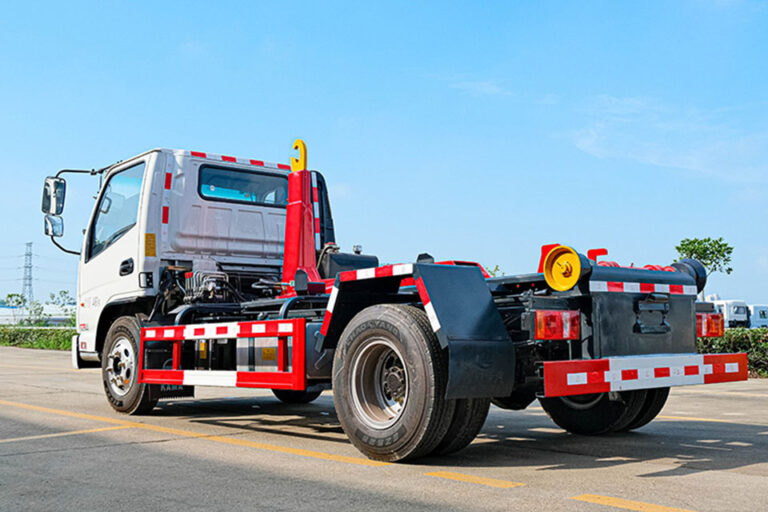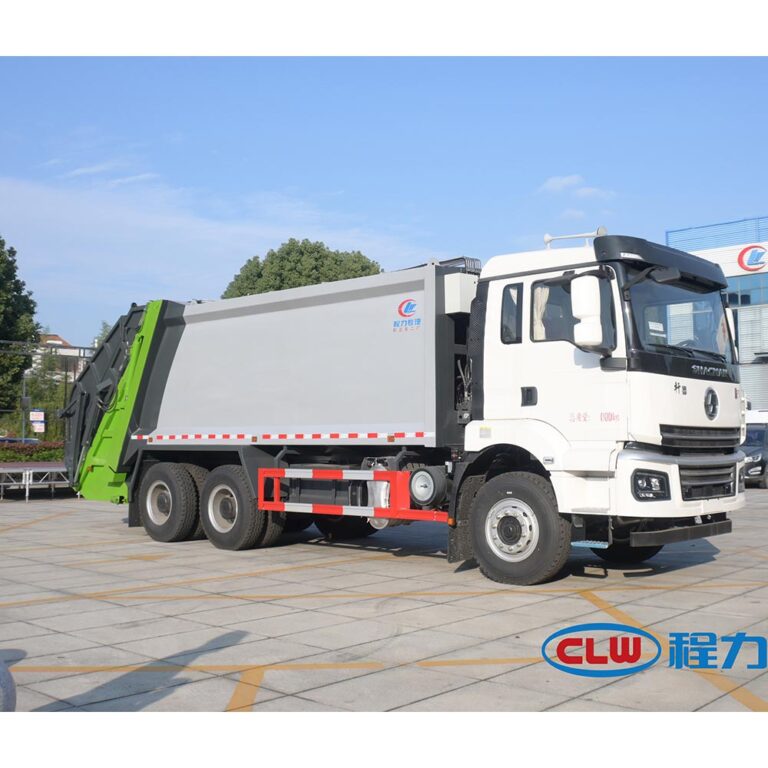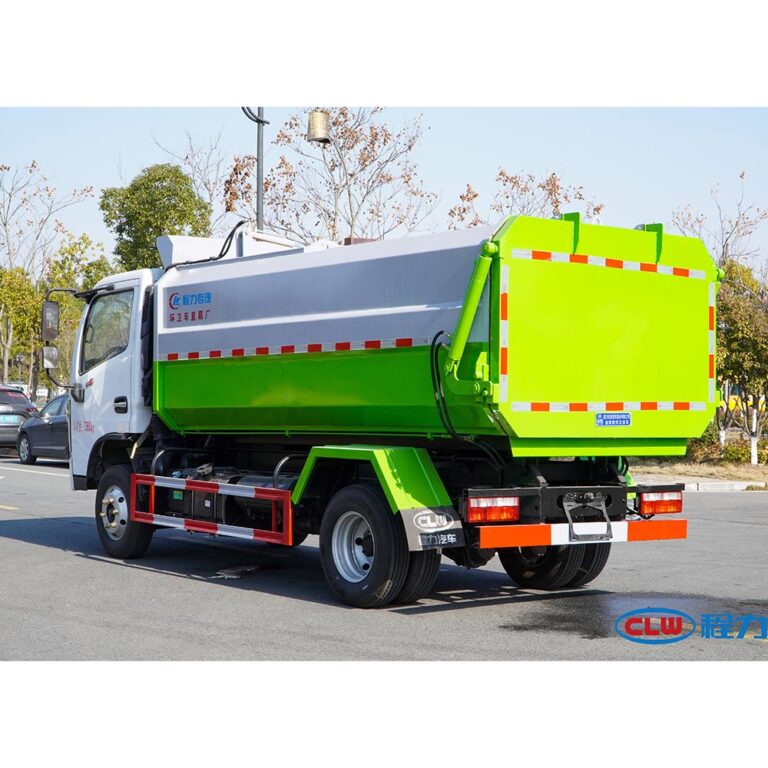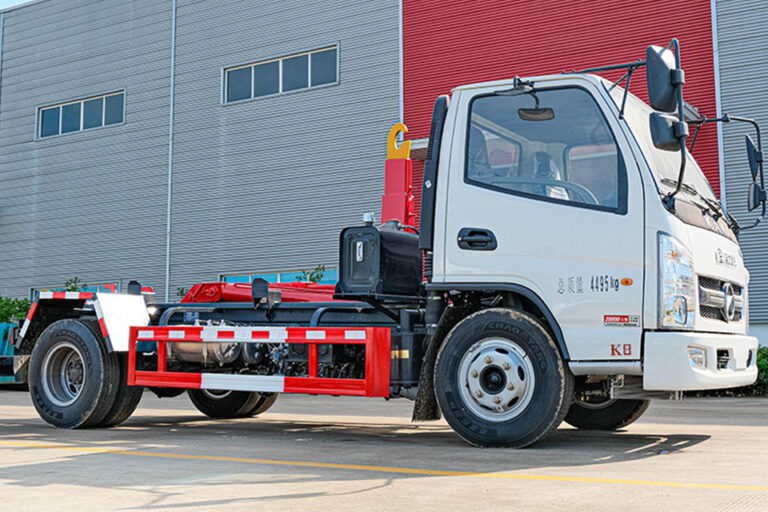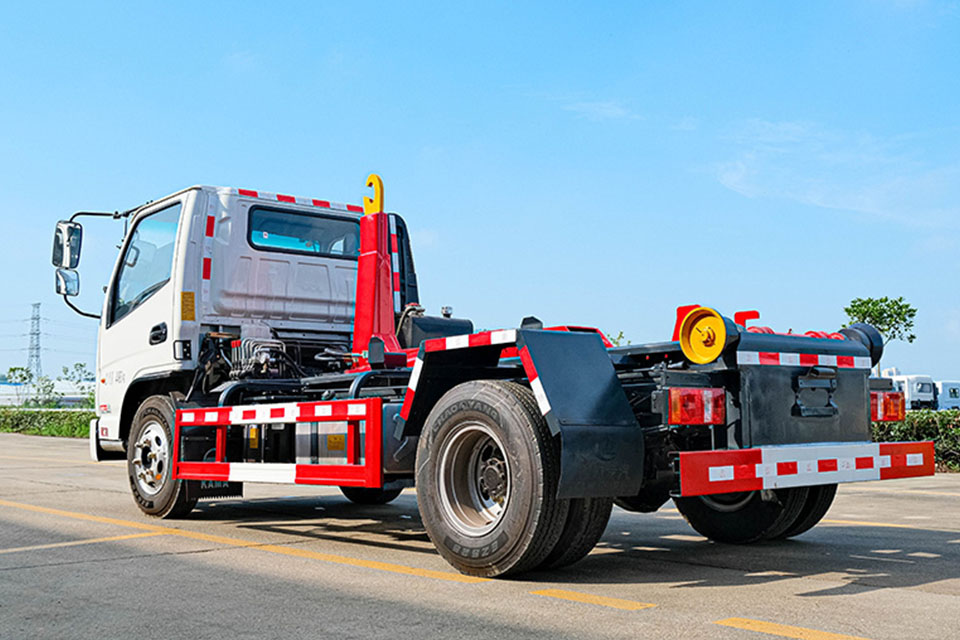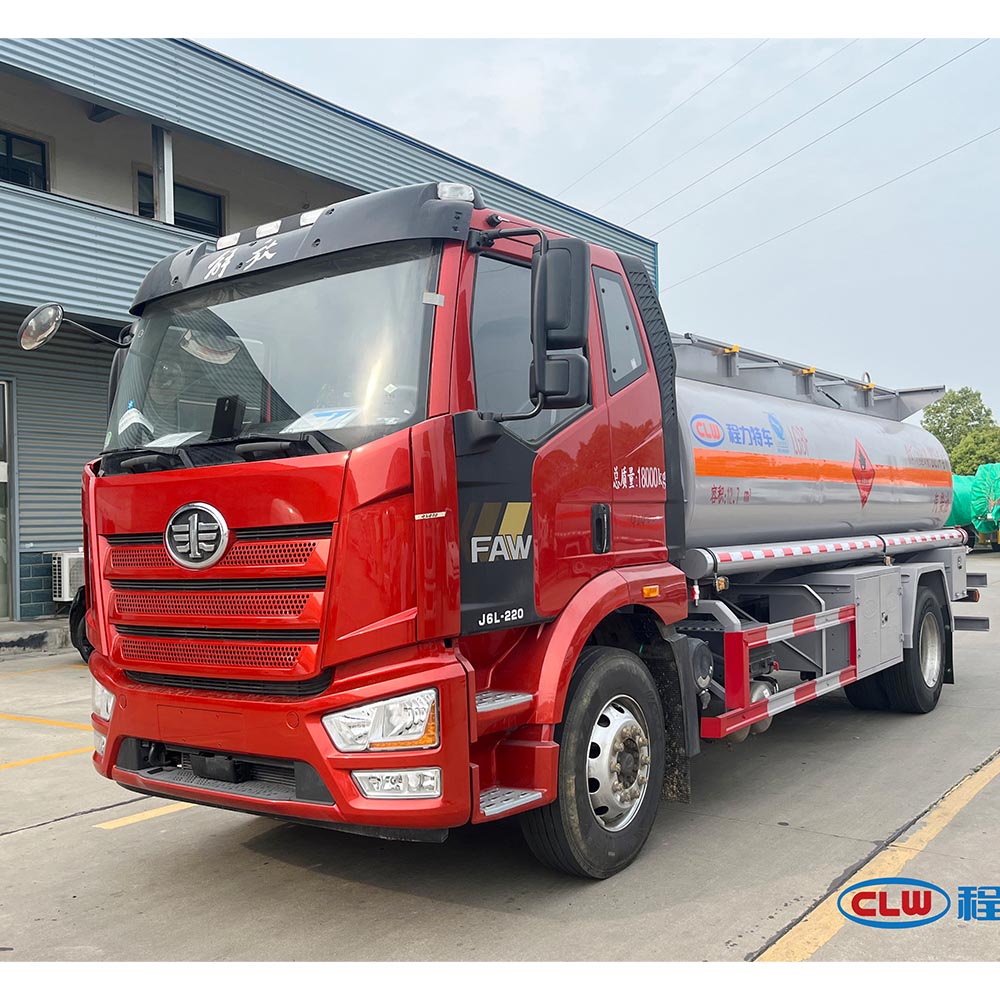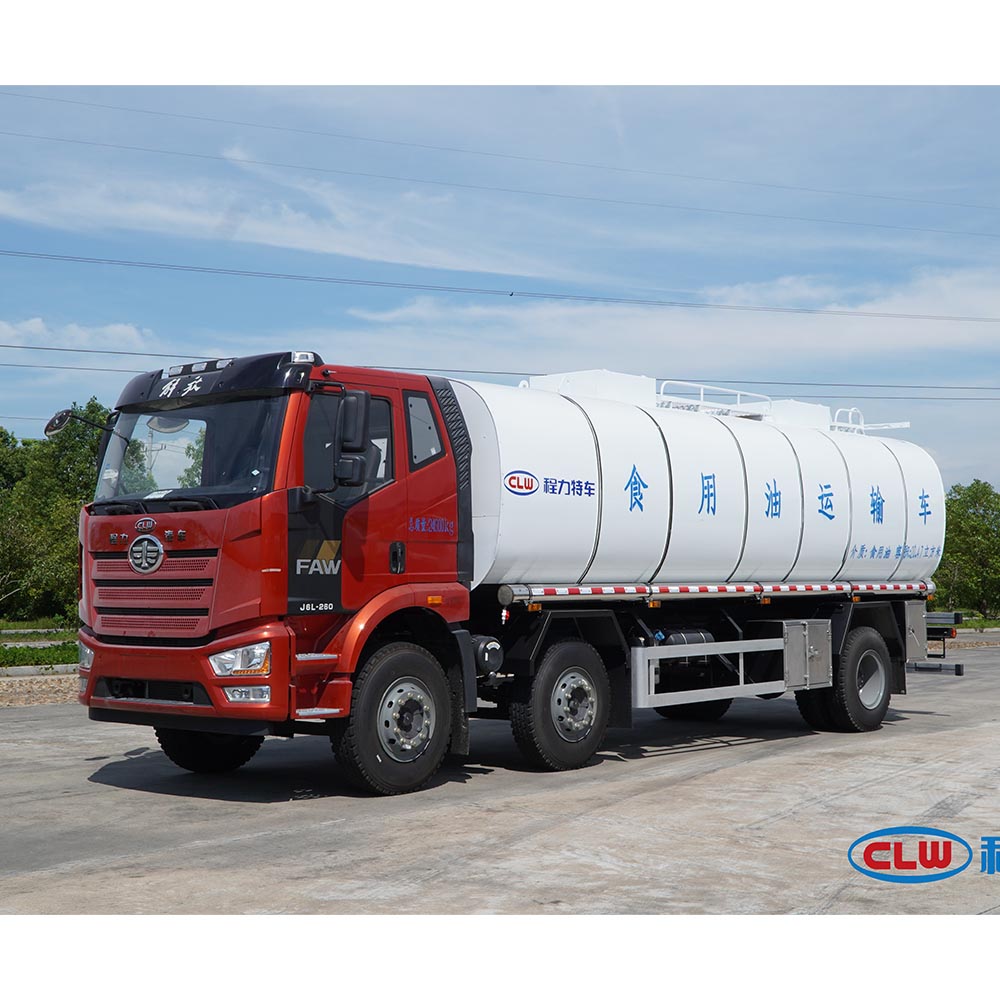-
程力汽车工业园
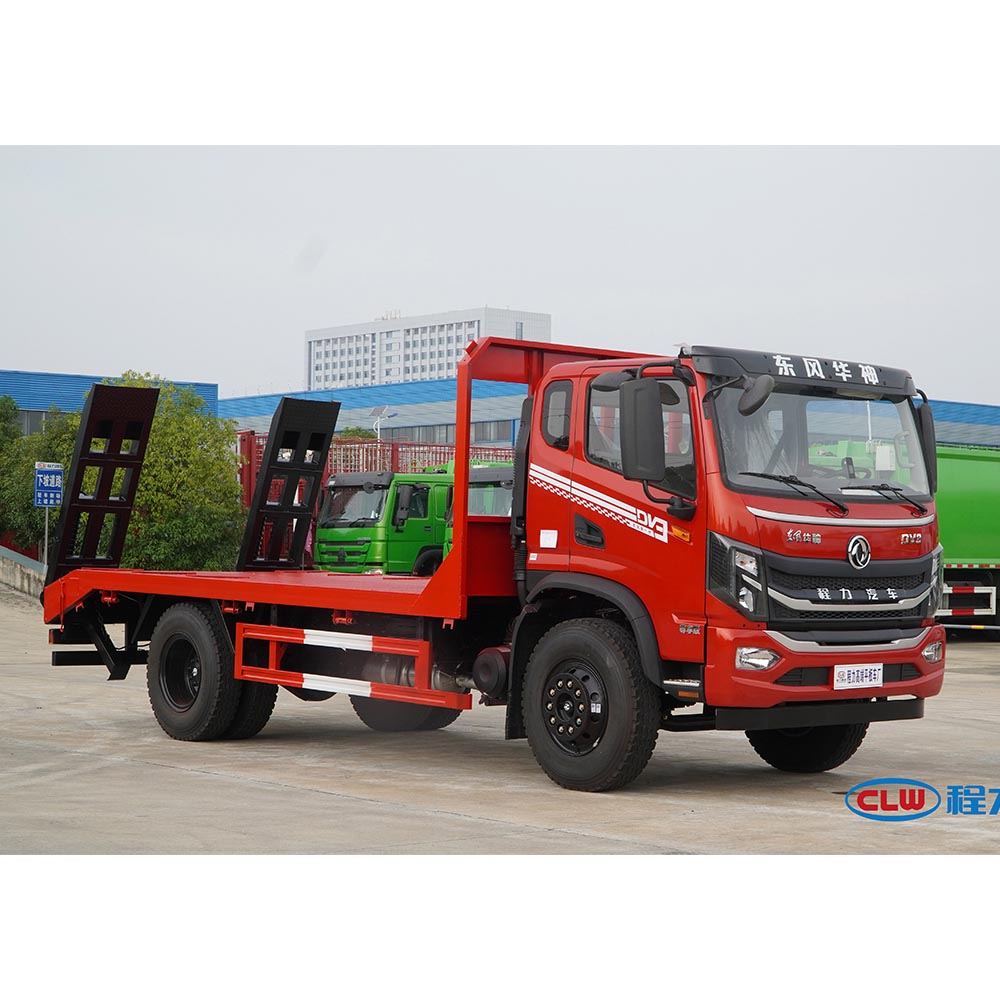
为您的企业选择合适的拖车
为您的企业选择合适的拖车:综合指南
本文将为您提供一份全面的指南,帮助您选择完美的 拖吊车 为您的业务服务。这是一本必读书,因为它将复杂的行业术语分解为通俗易懂的术语,为行业新手和经验丰富的专业人士提供了一个路线图。 拖带 行业。无论您是汽车经销商、车身修理厂,还是车队管理公司的一员,了解以下方面的微妙之处 拖吊车 要做出明智、明智的决定,关键是要了解产品的类型、容量和功能,这将对运营效率和客户满意度产生重大影响。
目录
拖车有哪些不同类型?
拖车 并不是放之四海而皆准的。它们有各种类型,每种类型都是为特定用途设计的 拖带 任务作为领先的 拖吊车 生产商,我们深知选择以下产品的重要性 右卡车 满足您的需求。
- 平板拖车: 这些 卡车 用途广泛,适用于运输各种大小的车辆。A 平板拖车 允许整个 拖车 可放置在车床上,确保运输安全可靠。它们非常适合受损车辆或四轮驱动车辆。 平板式 拖车 为车辆运输提供了最安全的方法,特别是在涉及到 细数 或事故
- 轮式升降拖车: A 轮式升降拖车 使用轭来抬起前部或后部 车轮离地.这种类型对于短距离 拖带 并常用于 拖车公司 以获得快速道路救援。 轮子升降拖车 往往更 经济有效 于 平板车因此,它们在以下方面很受欢迎 轻型拖车.它们在狭小的空间内特别有用,因为在狭小的空间内可以操纵较大的 卡车 可能具有挑战性。
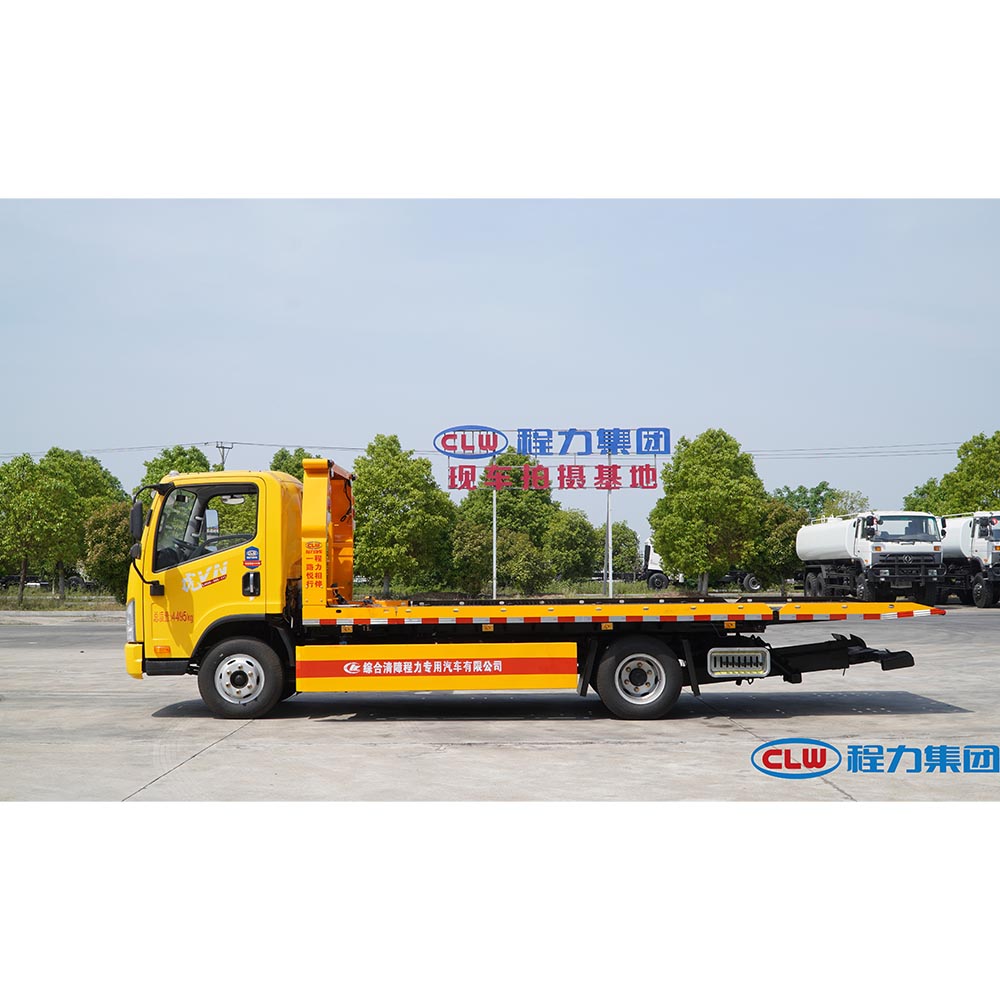
如何评估我的拖车需求?
了解您的 拖车需求 是至关重要的。您是否主要处理 轻型 车辆,还是需要 重型拖车 能力?我们的经验表明,调整您的 卡车 根据您的业务模式进行选择,确保运营效率。
- 轻型牵引: 如果您的业务面向小型车辆、 轻型拖车 可能就足够了。这些 卡车 其设计适用于轿车、小型卡车和越野车,兼顾了动力和机动性。 轻型拖车 是本地企业、汽车修理厂和道路救援提供商的理想选择。 轻型拖车 有多种配置,包括 平板 和 车轮升降机 选项,提供满足特定需求的灵活性。
- 重型拖车: 适用于巴士或重型机械等大型车辆、 重型拖车 是必不可少的。这些 卡车 提供更高 牵引力 并配备功能强大的 绞车 和坚固的框架,以承受巨大的重量。 重型拖车 需要专业设备和熟练的操作人员来确保安全和效率。如果您的业务涉及 拖车和救援 大型车辆,投资于 重型拖车 是一个明智的决定。
新拖车还是二手拖车?哪种方式适合我的企业?
决定在 新拖车或二手拖车 取决于您的预算和长期 业务目标.这两种方案各有优点,作为制造商,我们同时提供这两种方案,以满足不同客户的需求。
- 新拖车: 选择 新拖车 确保您拥有最新技术和无磨损的车辆。 新卡车 它们提供安心的保修服务,而且通常更省油,有助于降低运营成本。 新拖车 配备最新的安全功能和技术,提高您的 拖车作业.此外,还可为 新卡车 内部链接:考虑 Furika 加油车 8.5 立方米油箱,170 马力发动机 高效燃料运输解决方案。
- 二手拖车: A 二手拖车 可以是 经济有效 解决方案,尤其是对于初创企业或资金有限的企业。重要的是要确保 二手拖车 维护良好,性能可靠。 二手卡车 但是,对它们进行彻底检查以避免意外的维修费用也是至关重要的。 二手拖车 如果它们符合您的以下要求,则是一个可行的选择 拖车需求 并且状况良好。
什么是拖曳能力,为什么它很重要?
牵引能力 是指最大重量 a 拖吊车 可以安全拖曳。这是确保拖车安全的一个关键因素。 拖车,...... 拖吊车以及其他道路使用者。
- 了解 GVWR: 车辆总重量(GVWR)是另一个关键术语。它代表了车辆所能承受的最大重量,包括车辆本身的重量和所承载的负荷。选择 卡车 配备适当的总车重,确保您可以处理各种 拖带 在不影响安全和性能的情况下完成任务。
- 使能力与需求相匹配: 选择 卡车 与正确的 牵引力 对于高效运营至关重要。例如,如果您主要经营小型车辆,那么一台 卡车 较低 牵引力 可能就足够了。但是,如果您预计要处理较大型的车辆,则需要更大的容量。
拖车应具备哪些主要特征?
除了类型和容量外,还有几项功能可以提高 拖车 性能和实用性。
- 绞盘 强大的 绞盘 是将车辆拉到 平板 或摆脱困境。
- 车架导轨: 卡车 配置清晰 车架栏 可灵活安装各种设备。例如,Freightliner M2 106 有以下几种型号 三种不同的驾驶室风格 以满足不同的操作需求,包括乘员驾驶室和加长驾驶室配置。
- 驾驶室风格 不同 驾驶室样式 提供不同程度的舒适性和功能性。选择 驾驶室 适合您的操作需求,可以提高驾驶员的舒适度和效率。
平板拖车与车轮升降拖车有何不同?
了解 平板 和 轮式升降拖车 是进行 明智决定.
- 平板拖车: 这些 卡车 提供了最安全的车辆运输方式,因为整辆车都放置在 卡车的 床。这种方法非常适合长距离 拖带 以及运输受损车辆或四轮驱动车辆。 平板拖车 最大限度地降低进一步损坏 拖车为以下双方提供安心 拖带 操作员和车主。
- 轮式升降拖车: 这些 卡车 这种装置可通过前轮或后轮提升车辆。它们在短距离内效率很高,常用于 道路救援 和收回。 轮子升降拖车 通常比 平板车使它们成为 拖车公司 在城市地区运营。
拖车操作员应遵守哪些安全规程?
安全至关重要 拖带 业。 拖车操作员 必须严格遵守 安全协议 以确保安全运行。
- 适当的培训: 拖车司机 应接受全面培训,以处理不同的 拖带 安全驾驶。这包括了解车辆的性能、正确使用设备,例如 绞车 和 车轮升降机遵守交通法规。
- 定期维护: 定期维护 拖车 这对预防故障和确保车辆处于最佳状态至关重要。这包括检查刹车、轮胎、车灯以及 拖带 设备。内部链接:了解更多 程力牌 - 东风 D7 智能沥青摊铺机 以满足道路建设的需要。
- 安全设备: 拖车操作员 应始终使用适当的安全设备,包括反光背心、警示灯和锥形筒,以提醒其他驾驶员并确保能见度。
Beacon Funding 等融资方案如何帮助您购买拖车?
获得 拖吊车 是一项重大投资。融资方案(如 Beacon Funding 提供的融资方案)可以使投资变得更加容易管理。
- 灵活融资: Beacon Funding 针对以下地区的企业需求提供灵活的融资方案 拖带 行业。这可以帮助您获得 卡车 在不增加经济负担的情况下,满足您的需求。
- 具有竞争力的价格: 融资可以让您分散 拖车费用 随着时间的推移,您可以更轻松地管理预算。具有竞争力的费率和条款可帮助您实现以下目标 业务目标 同时保持财务稳定。
拖车司机有哪些法律要求?
操作一个 拖吊车 法律责任。 拖车司机 必须持有适当的执照并遵守行业规定。
- 许可证发放: 拖车司机 通常需要商业驾驶执照 (CDL),尤其是在操作以下设备时 重型拖车.各州的要求不尽相同,因此有必要查看当地的规定。
- 保险 充足的保险对保护您的企业、员工和客户至关重要。这包括责任保险、货物保险和工人赔偿。
帮助您选择拖车服务提供商的基本技巧
选择 有信誉的拖车服务 供应商对于确保 可靠的拖车服务 为客户服务。
- 经验和声誉: 寻找一个 拖带 有良好的业绩记录和好评。具有处理各种 拖带 场景和声誉 专业精神和承诺 是一个 可靠的拖车服务.
- 设备和能力: 确保 拖带 公司拥有满足您需求的合适设备。这包括拥有一支维护良好的车队。 拖车 能够处理不同的 车辆类型 和 拖带 任务
- 响应时间: 快速反应至关重要,尤其是在紧急情况下。A 有信誉的拖车服务 我们应提供快速的响应时间和高效的服务,最大限度地减少停机时间和给客户带来的不便。
- 客户服务: 卓越的客户服务是 专业拖车服务.......。 拖带 公司应反应迅速、彬彬有礼,并致力于满足您的需求。
常见问题
哪种拖车最适合长途拖曳?
平板拖车 通常是长途旅行的最佳选择 拖带 因为它们提供了最安全的汽车运输方法。整辆汽车被放置在 卡车的 内部链接:探索我们的 大容量碳钢加油车 满足您的燃料运输需求。
购买新拖车好还是二手拖车好?
选择 新拖车或二手拖车 取决于您的预算和 业务需求. 新卡车 提供最新技术和保修,同时 二手卡车 更 经济有效.
拖曳能力有什么重要性?
牵引能力 对安全和效率至关重要。它决定了一个设备的最大重量。 拖吊车 可以安全地 拖车确保 拖车 和 拖吊车 不超载。
运营拖车有哪些法律要求?
拖车司机 驾驶员通常需要持有商业驾驶执照 (CDL),并且必须遵守州和联邦法规。充足的保险也是必不可少的。
融资如何帮助购买拖车?
融资方案(如 Beacon Funding 提供的融资方案)可让您获得 拖吊车 通过分期支付费用,使企业更能负担得起。这使企业能够获得 卡车 无需大量前期投资即可满足他们的需求。
我应该如何选择拖车服务提供商?
当选择 拖车服务 在选择供应商时,要考虑他们的经验、声誉、设备、响应时间和客户服务。A 有信誉的拖车服务 应提供 可靠的拖车 根据您的需求量身定制解决方案。
摘要
- 了解不同类型的 拖车例如 平板 和 车轮升降机这对于选择 右卡车 为您的业务服务。
- 评估您的 拖车需求是否 轻型 或 繁重有助于选择 卡车 与相应的 牵引力.
- 决定在 新拖车或二手拖车 包括考虑您的预算、 业务目标的条件 卡车.
- 主要功能包括 绞车, 车架栏和 驾驶室样式 可以提高 拖吊车.
- 安全协议,包括适当的培训、定期维护和安全设备的使用,在以下方面至关重要 拖带 业。
- 融资方案可使购置 拖吊车 更易于管理,使您可以分期支付费用。
- 拖车司机 必须遵守法律要求,包括许可和保险。
- 选择 有信誉的拖车服务 供应商确保 可靠的拖车服务 为客户服务。
通过了解这些因素并制定 明智决定您可以选择 正确的拖车 以满足您的 业务需求 和 发展您的业务.作为领先的 拖吊车 生产商,我们致力于提供高质量的 卡车 提供卓越的服务,助您在 拖带 业。 联系我们 了解更多有关我们产品的信息,以及我们如何帮助您实现 业务目标.
内部链接:探索我们的 食用油运输车 实现安全高效的石油运输。
内部链接:查看我们的 铝合金油轮 - 320 马力,26 立方米容量 可靠的石油运输。
内部链接:了解我们的 加油车 - 12.6 立方米柴油发动机 以实现高效的燃料输送。
